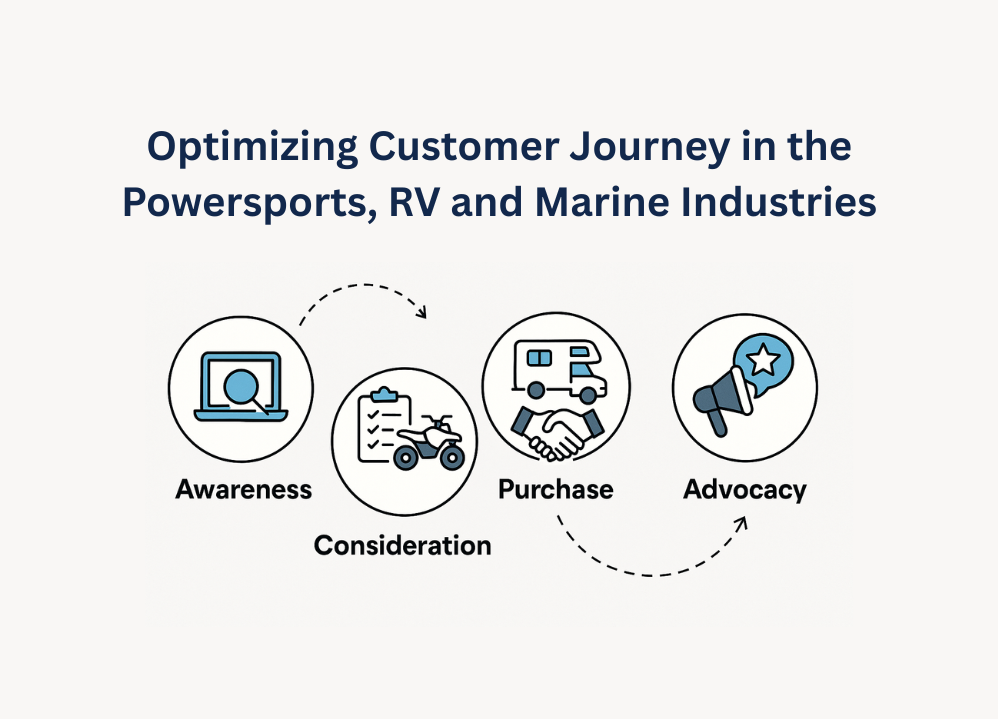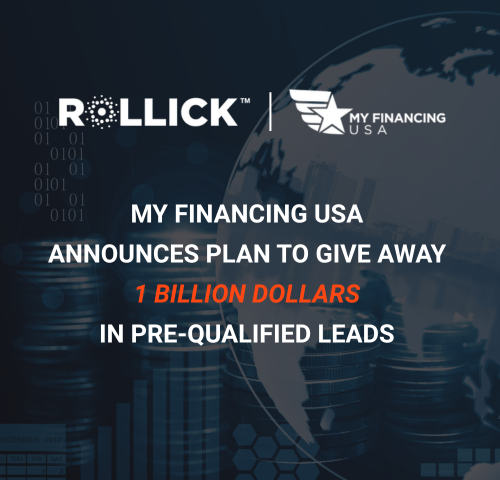Brands with their own internal sales organization must generate leads in order to start the sales process and keep the prospect pipeline filled. The same is true for brands that rely on external sales channels, such as dealers or distributors. But beyond these obvious reasons, companies that produce high consideration products and services reap many other benefits from generating leads.
Partnership Satisfaction
Whether there’s an implicit or explicit agreement with the external sales channel to generate leads, it’s in the brand’s best interest to keep the sales funnel full. This is especially true when customers are likely to visit the brand’s website to gain more information before visiting the store or contacting the retailer directly.
As the internet has become a primary source of information for consumers searching for high consideration goods/services, brand websites now play an even larger role in generating leads for the sales channel. And a steady flow of leads will not only keep the sales channel happy and engaged with the brand, but it could also help prevent the “brand switch.”
Countering the Brand Switch
Brands can spend thousands if not millions of dollars on lead generation efforts, but once a prospect comes in contact with a sales associate, particularly those who work for retailers that carry competitive brands, there’s no guarantee the sales associate will sell a product produced by the brand that furnished the lead. Retailers and sales associates are sometimes more motivated to sell a brand that’s offering a sales spiff or is of the sales associate’s own personal preference.
The brand has a better chance of preventing this if they capture the lead’s contact information using a web form integrated with marketing automation technology, allowing the brand to nurture the prospect with content designed to sway the purchase decision, before, during, and after the prospect engages with the dealer. Contact information can also be used later to determine how the customer was treated during the sales process, including a confirmation of the brand the customer ultimately purchased.
Message Consistency and Accuracy
Some retailers do a poor job of communicating brand messages or even communicating product features and benefits accurately. By collecting the prospect’s contact information, brands can assure these messages are communicated in nurture communications while the prospect is still in the consideration phase.
Data Collection
Lead generation and data collection go hand in hand. When a prospect makes an inquiry and generates a lead, the information collected can be used to determine the best-performing lead sources, the product(s) the customer is interested in, and other information that can be used in subsequent marketing efforts. Every prospect who submits a lead inquiry becomes part of your customer database.
If the prospect makes a purchase, this information can be used to gauge customer satisfaction, or used in subsequent marketing efforts when the purchase cycle is anticipated to start anew.
Why Companies that Sell High Consideration Products/Services Need to Generate Leads
Retailers have their own unique reasons for generating leads beyond those provided by the brand of products or services they sell.
- Brands don’t always provide as many leads as the retailer can handle, and by generating their own leads, retailers can be more confident their sales funnel won’t run dry.
- Retailers are better connected to local events, local PR, and local advertising opportunities than some brands. Each of these offer additional opportunities to generate leads – leads the brand would find much more challenging to generate.
- Many customers prefer to submit an inquiry on a retailer’s site or via phone, particularly if they’re ready to negotiate price or discuss financing. Brands are not necessarily positioned to generate these leads.
- In-store visits frequently generate inquiries that can be considered sales leads.
- Every new lead a retailer generates results in a new contact or a new prospect activity. This data should be entered into a CRM to help facilitate the sales process or used in subsequent marketing initiatives.
Brands and retailers should look beyond the obvious, short-term benefits of generating leads. Leads provide valuable data about your customers and can be used to influence consideration and drive long-term marketing and sales efforts.




